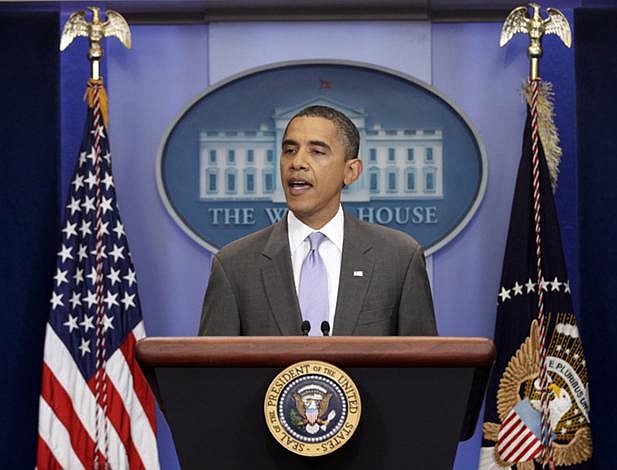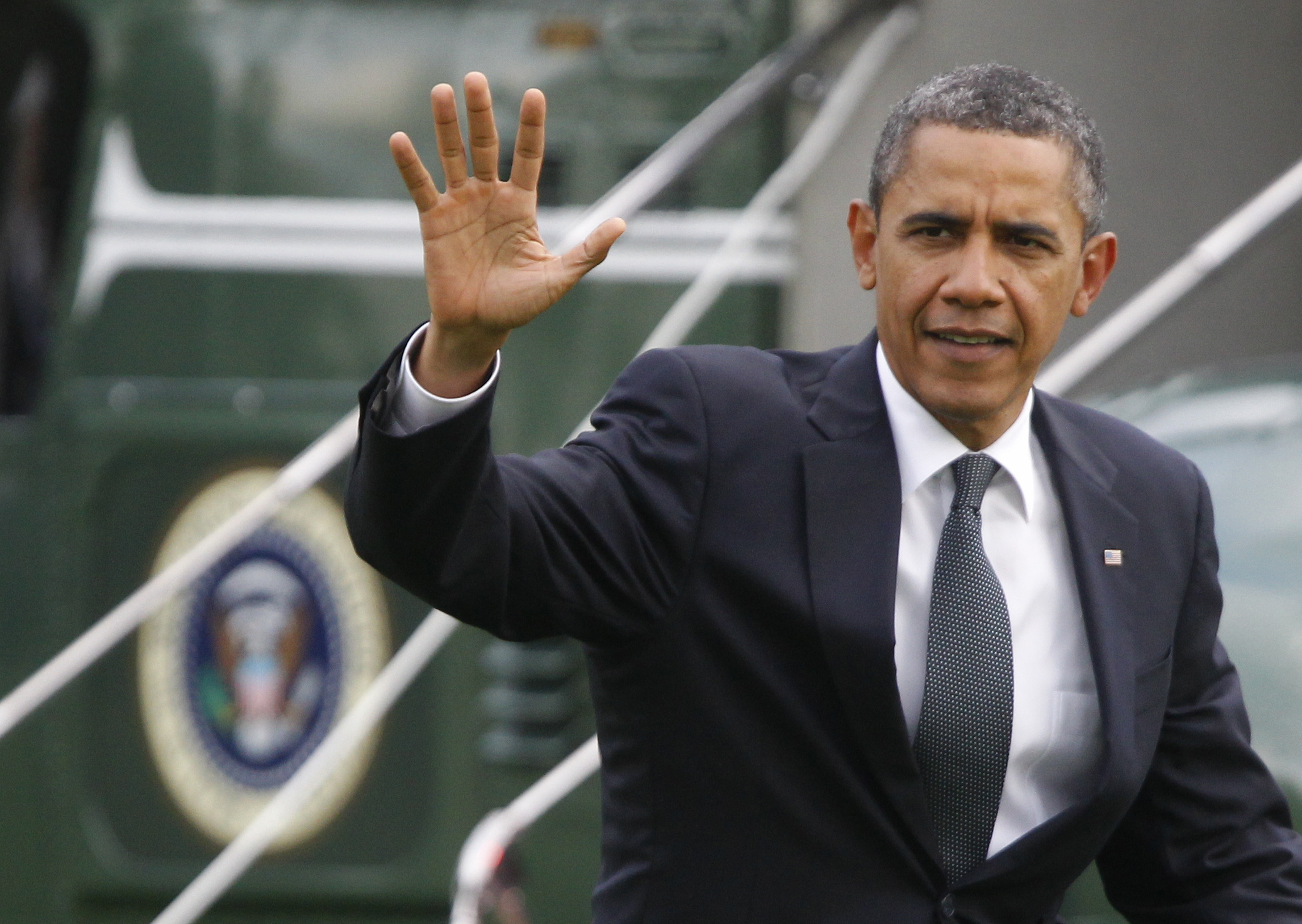The Obama administration and Democrats in Congress are doubling down on their opposition to developing America's energy supplies -- and are keeping us needlessly dependent on oil from hostile nations.
Most recently, Democrats made it clear that energy legislation backed by the Republican-run House of Representatives would get nowhere in the Democrat-controlled Senate. And even if it somehow passed the Senate, President Obama would veto it.
What does the bill seek to accomplish? It would sensibly open up areas off our Atlantic and Pacific coasts and in the eastern Gulf of Mexico to oil and natural gas drilling, and it would at long last allow at least a bit of drilling in Alaska's Arctic National Wildlife Refuge.
The president has flatly refused to go along with drilling in the Pacific or in ANWR, and he has said it will be at least 2017 -- five years from now! -- before he will offer drilling leases in the Atlantic.
That is all on top of his recent refusal to authorize the job-creating Keystone XL pipeline, which would bring oil from Canada through several U.S. states to Texas for refining. He based that decision on the alarmist claims of environmental activists, who predicted ecological catastrophe.
While it would clearly be best for us to develop our own energy resources, at least Canadian oil would be coming from a friendly source, rather than from unstable or anti-American regimes such as the ones in oil-supplying Venezuela or parts of the Middle East. Blocking the Keystone pipeline from Canada only further reduces the leverage we have when dealing with our less friendly suppliers.
So at almost every turn, the president and congressional Democrats have stymied meaningful U.S. energy development and production, choosing instead to pump billions upon billions of dollars into impractical "green energy" programs -- such as huge subsidies for electric cars that have proved unpopular with the public.
Those policies, added to international instability (see editorial above), are artificially inflating the price we pay for gasoline. The average price for a gallon of gas recently passed the $3.50 mark. That's 38 percent higher than the price motorists were paying just a year ago, and gas prices are expected to hit $4.25 per gallon in April.
That is an excellent reason to expand domestic energy production -- not to restrict it, as the administration and its allies in Congress are doing.

